From bare mountainous landscapes to tropical forest gardens, your trees are having a profound impact on Ethiopia and the people who live there. During our trip we caught up with old friends, visited a two-year-old Ecosia forest and saw new trees being planted.
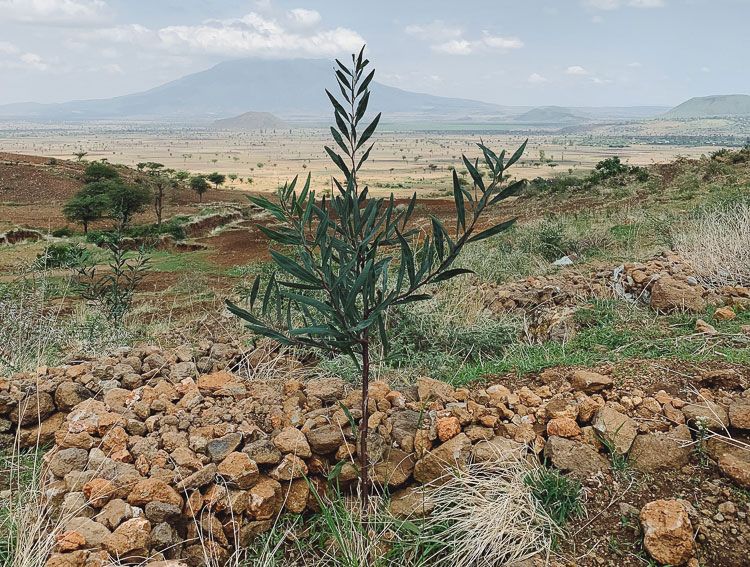
Our trip began in Golbo Kubis, a deforested valley that is crumbling away from soil erosion. Farmers struggle to grow crops there because the land has become dry and unproductive, fractured by vast gullies. But that's about to change.
We began planting native acacia trees on the surrounding mountain slopes a year ago with our partner Green Ethiopia in stone basins that retain water. Thanks to this clever technique, these trees are already a meter tall. These hardy 'desert' species can survive harsh conditions and even grow spikes to protect themselves from wild animals.
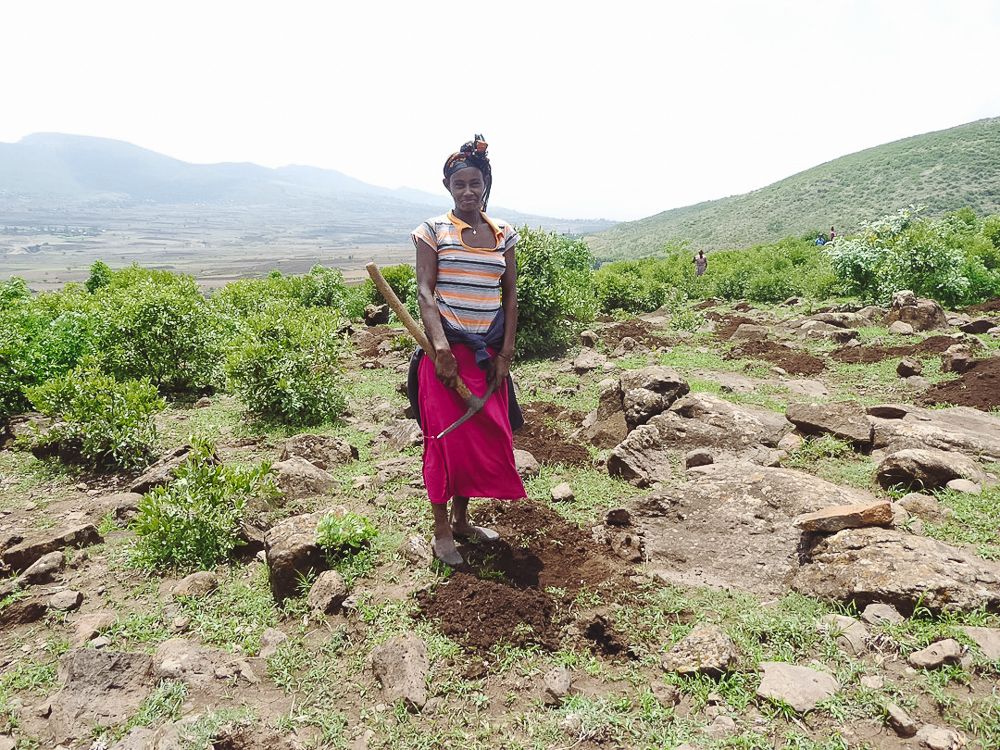
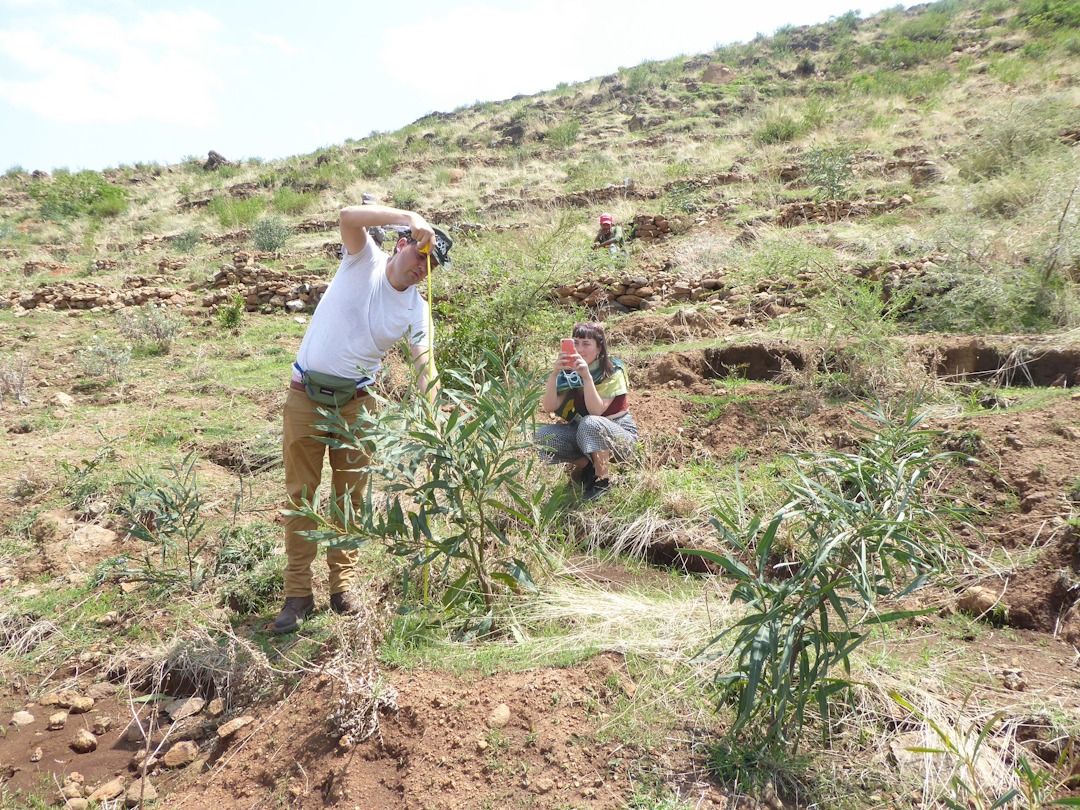
On the other side of the mountain, we met a group of women who are preparing the land for the next round of tree planting. Farmers no longer let their cattle graze in this area, allowing the soil to regenerate. Soon, many more trees will grow here without our help. The healing effects of the new trees were clear: we saw grass growing in the gullies and small pools of water returning. Slowly but surely, attitudes are shifting, too.
In deforested areas, life is hard. On our way to Daya, we drove past yellow landscapes where water is scarce and a long dry season can mean famine. But thanks to your searches, we're planting 200 thousand trees here. Before long, the river will flow year-round and farmers will be able to grow fruit trees on regenerated soil.
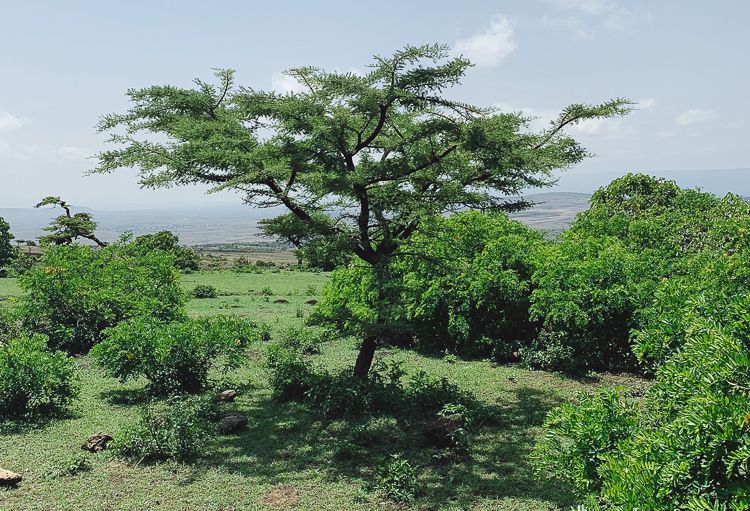
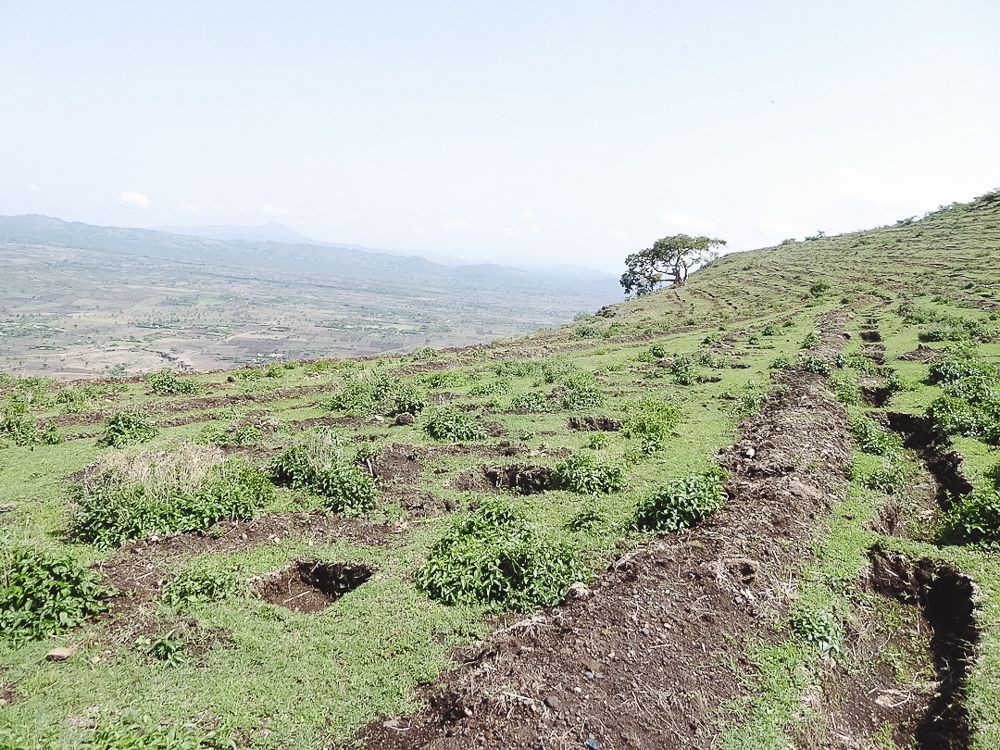
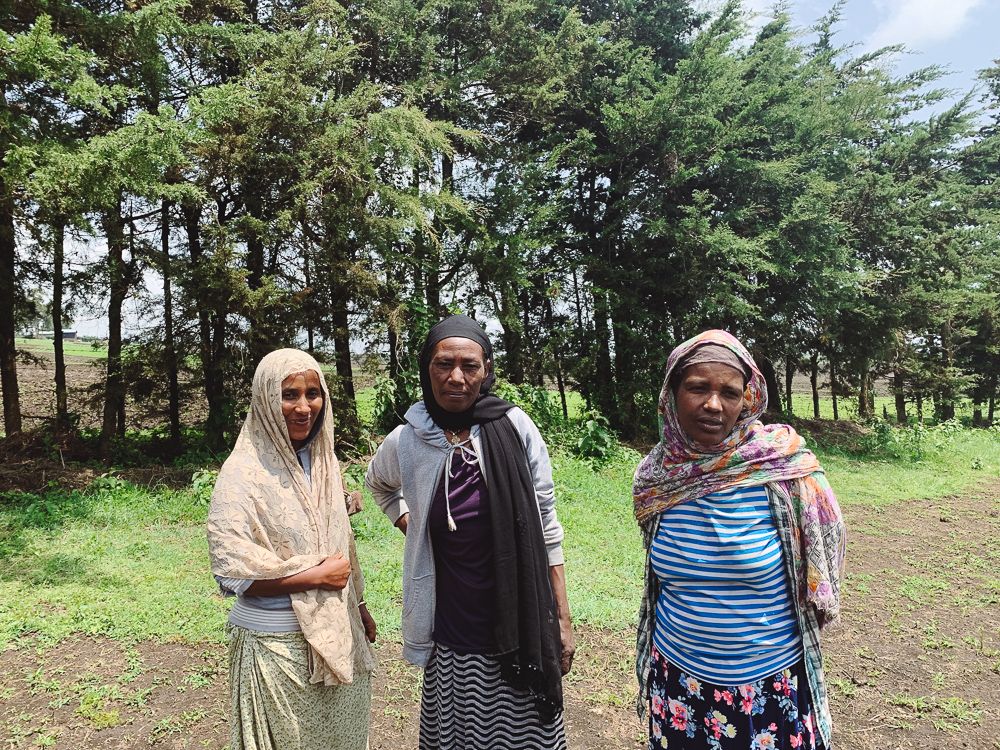
A local women's group are busy growing the trees in a nearby nursery in time for the rainy season. Production is led by Etenesh (pictured middle), who told us she wants to protect her environment against climate change. “Our aim is to conserve our area, to protect it and make it green. We want to balance the climate change that is coming," she said. "We won’t stop at one year, we want to continue on until our environment is balanced."
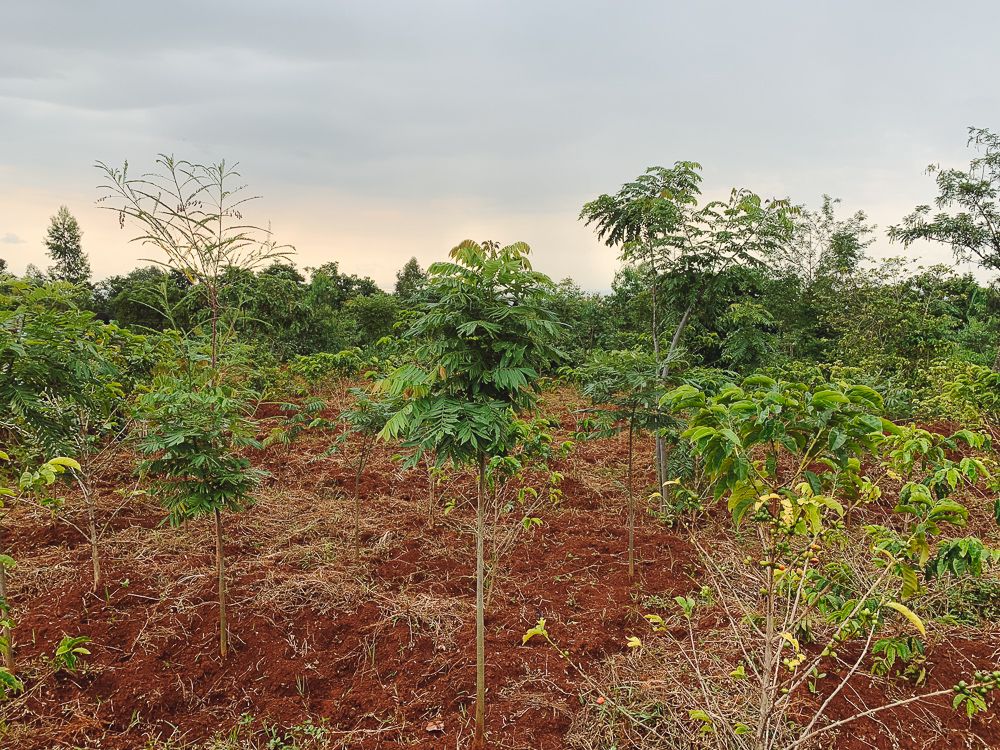
We continued our trip south to the city of Dila. Thanks to this region's tropical climate, local farmers prefer to grow fruit trees in their gardens to cattle farming. We paid a visit to a coffee orchard that we planted with your searches in 2017.
The women who work here receive benefits for participating in our tree-planting program, such as seedlings for their homesteads. Planting trees allows each family to set up agroforestry systems at home. We saw gardens with mango, avocado, sweet potato and false banana trees, which provide a varied diet and additional source of income.
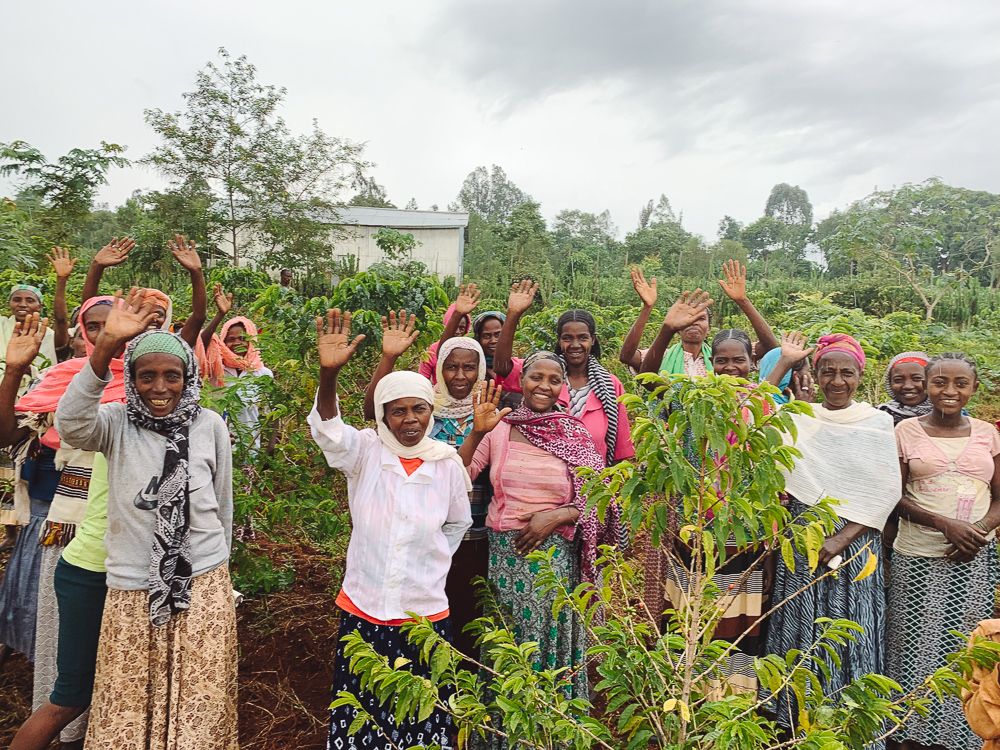
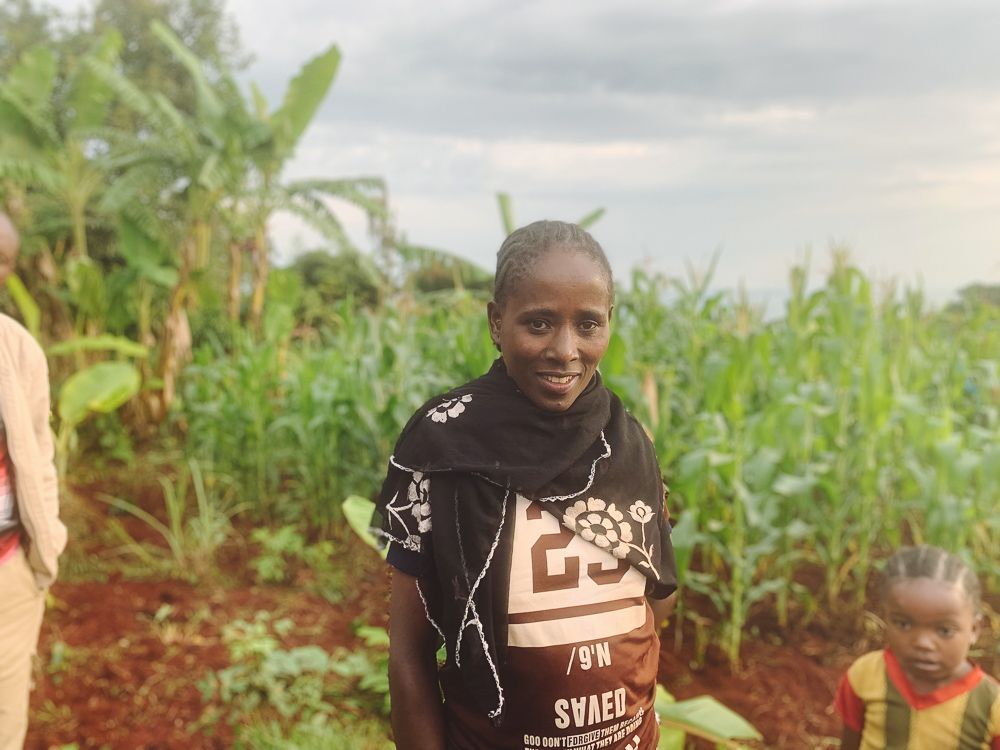
The next day, five women's groups came together to plant trees on a huge nearby site, Adame. There we saw our friend Almaz; a coffee farmer who leads one of the women's groups, and thanks to your trees, her yield improves each year.
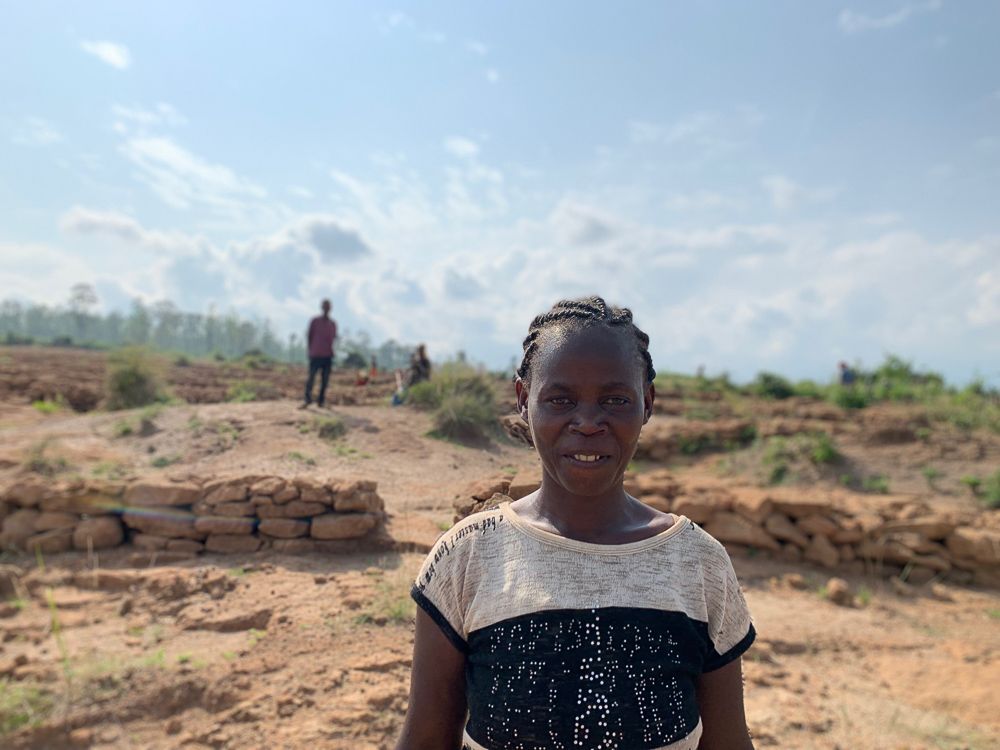
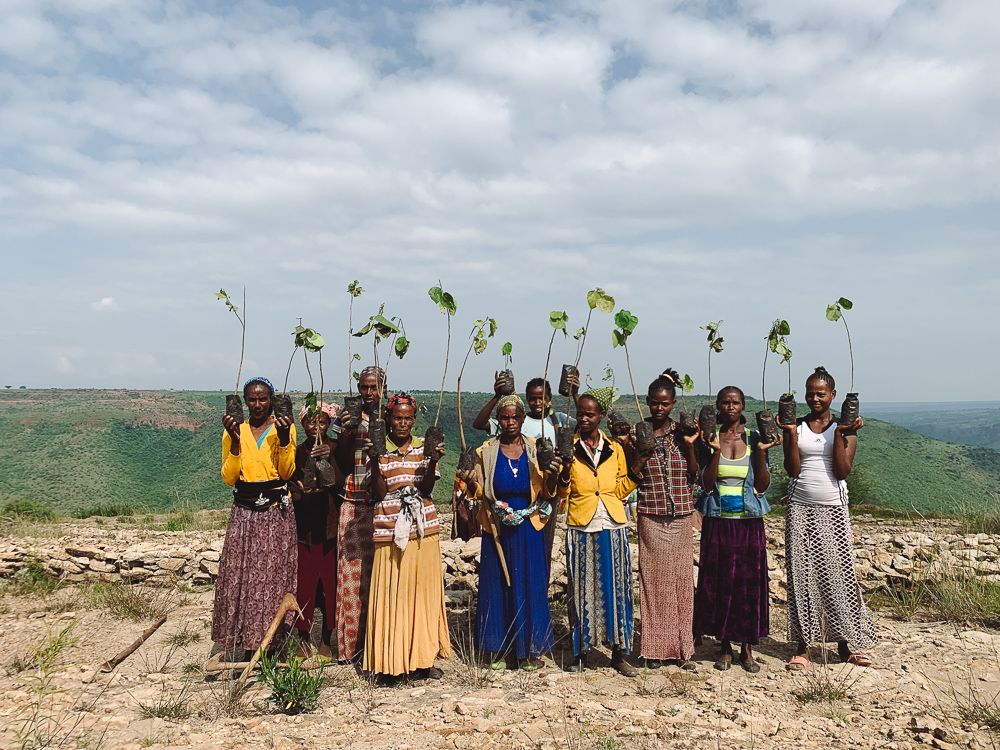
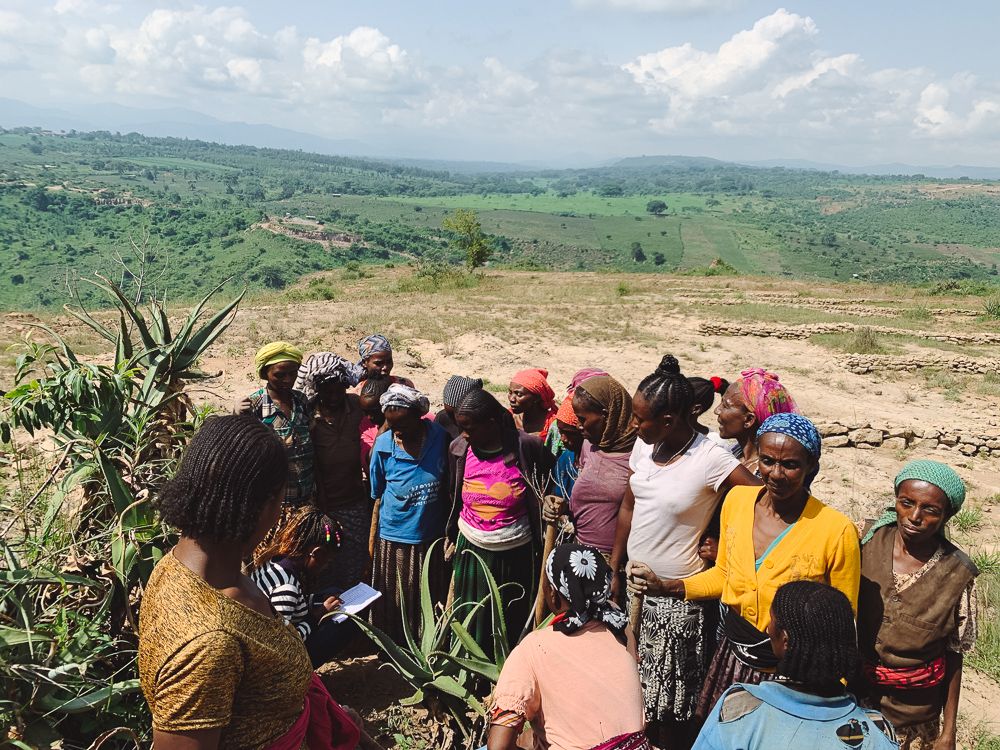
On the hills of Safa, we visited our reforestation project from 2017. We were delighted to find two-year-old trees growing in a young Ecosia forest. Our tree-planting officer Pieter took height measurements to monitor their progress. It was tiring work, so we were happy when Azalech invited us into her home for coffee.
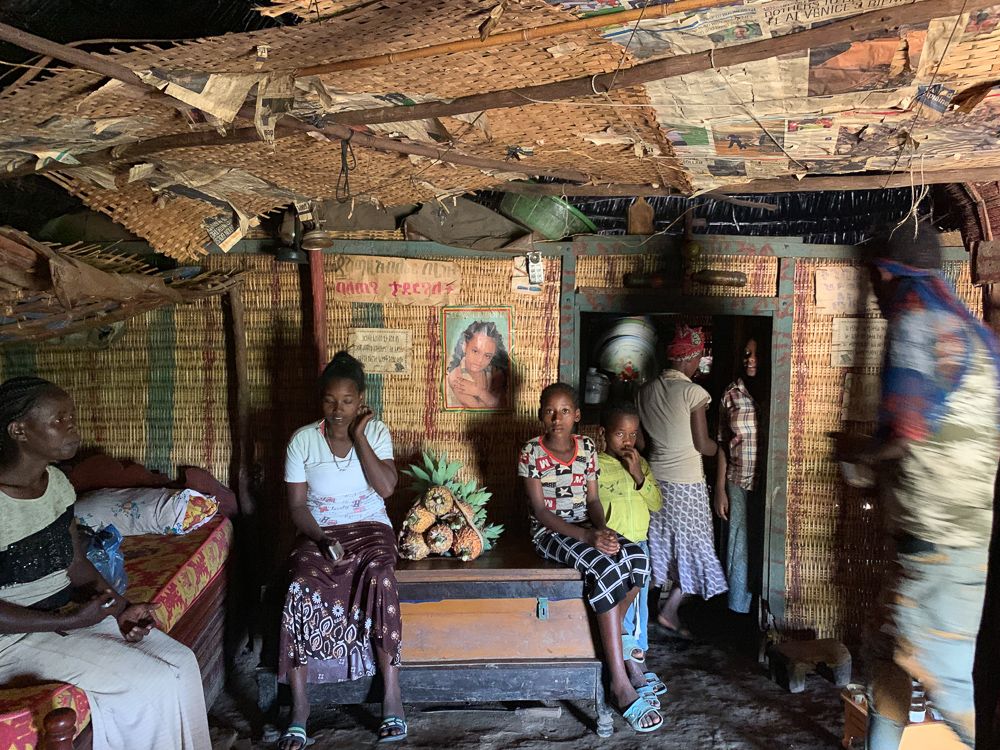
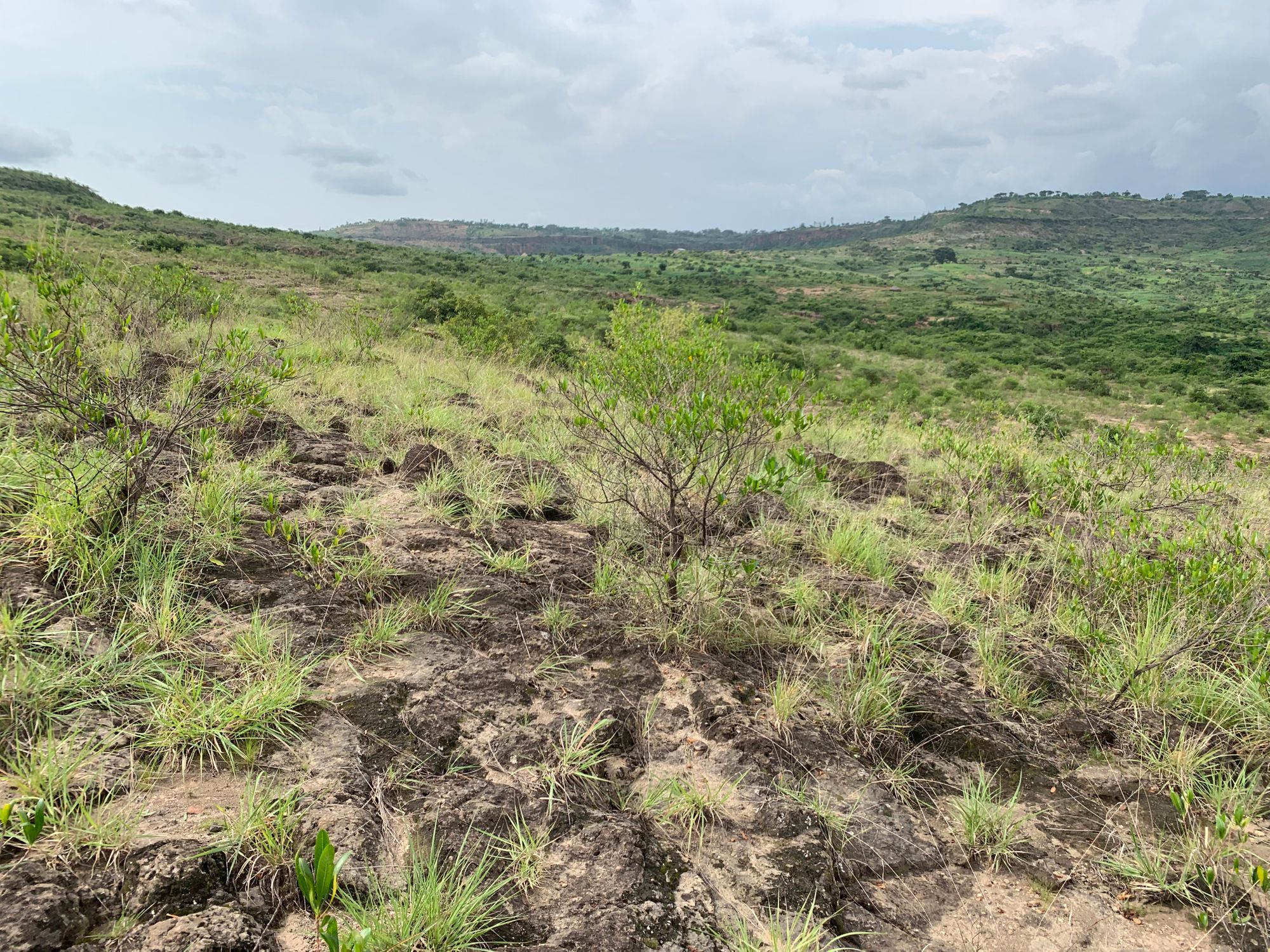
During the final days of our trip, we travelled north to the city of Bahir Dar. We are restoring watersheds on a nearby mountain, which meant going on a hike to see your trees. They are thriving and well looked-after by an amazingly dedicated team of local farmers. We met Agegn, who scales the steep mountain every day, protecting the young seedlings from wild animals and grazing cattle. His house is nearby so he knows the farmers well, and encourages them to feed their cattle by cutting grass and carrying it back instead.
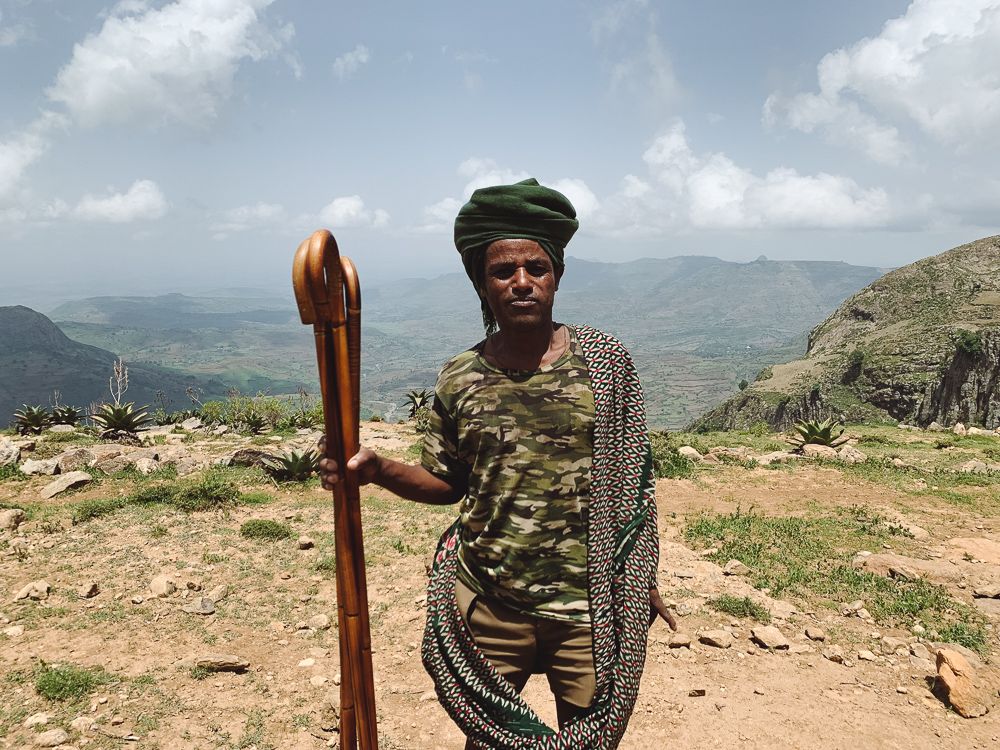
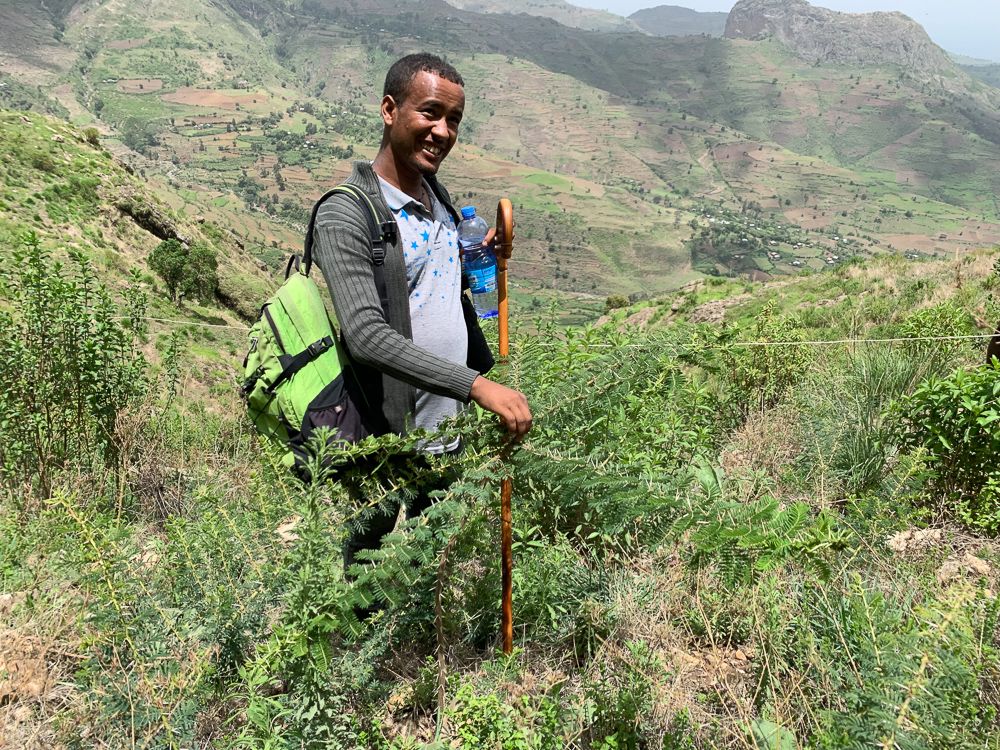
In the valley below, the tree nurseries were bustling with activity. These nurseries are tended to by landless youths, who are born without land to inherit and have no other source of income. In such a remote part of the world, your searches give them hope. Read more about our project in Ethiopia.